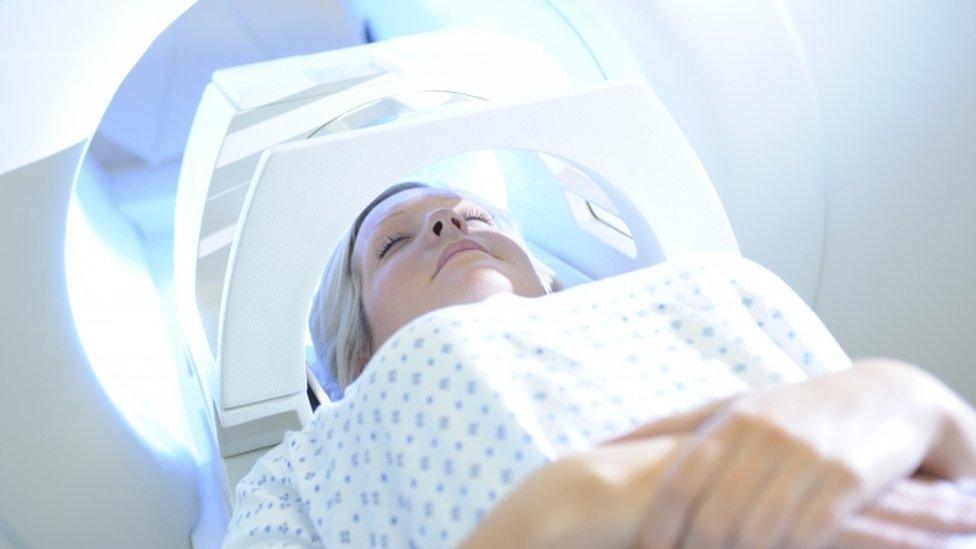Inside the cancer centre that treats up to 600 patients a day
- Published
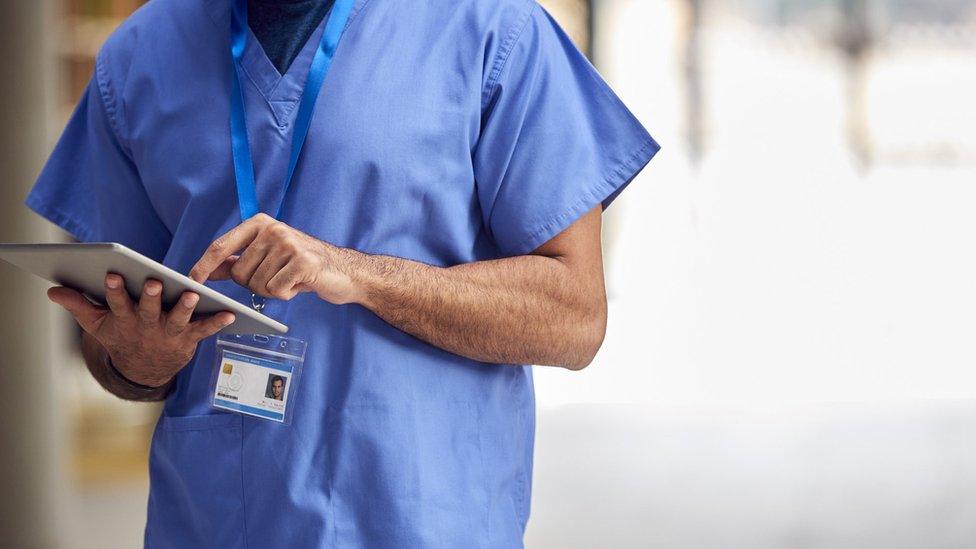
Providing services for up to two million people across Kent, Medway and East Sussex, the Kent Oncology Centre in Maidstone is one of the most successful cancer units in the country.
The centre - which opened its doors 30 years ago - can treat up to 600 patients a day. Last year, it carried out about 35,000 chemotherapy treatments and more than 50,000 radiotherapy sessions. More than 15,000 clinical team meetings also take place annually to oversee patient progress.
About 600 members of staff work for the organisation and see more than 150,000 patients a year. Many of these worked throughout the pandemic and have years of experience in the field.
BBC South East health correspondent Mark Norman spoke to the specialist staff at the centre about the reality of the disease.
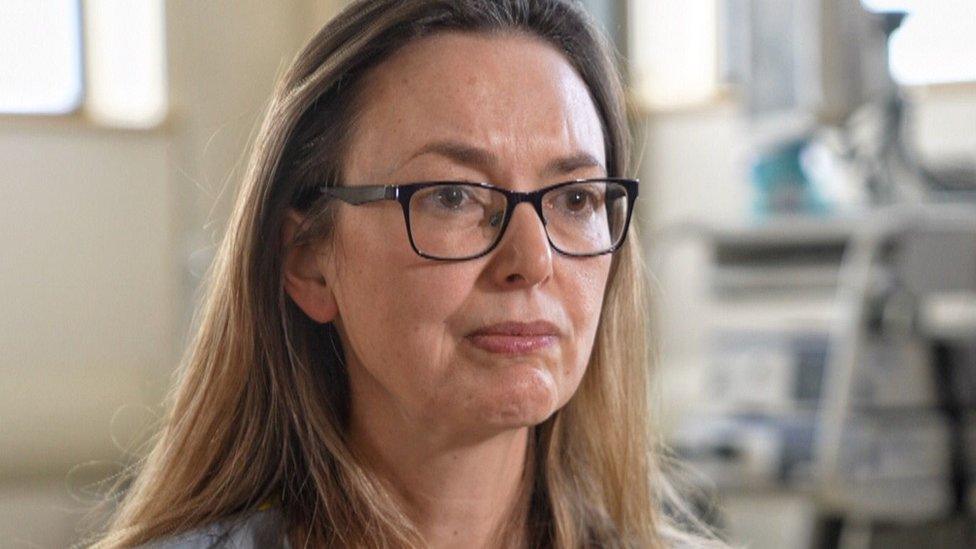
Philippa Moth, consultant gynaecologist and chief of cancer services, explained one of the most difficult parts of her job.
"Nobody wants to be sat in a chair opposite me for me to say: 'I'm really sorry to say that you've got cancer'," she said.
"They walk out of your clinic room and their life has changed forever. I feel I need to give them the right start for that very difficult journey that can sometimes end in death."
Ms Moth described her work as "very rewarding" and described some patients as "inspirational".
"I meet patients that I will never forget for the rest of my life, that change me," she said.
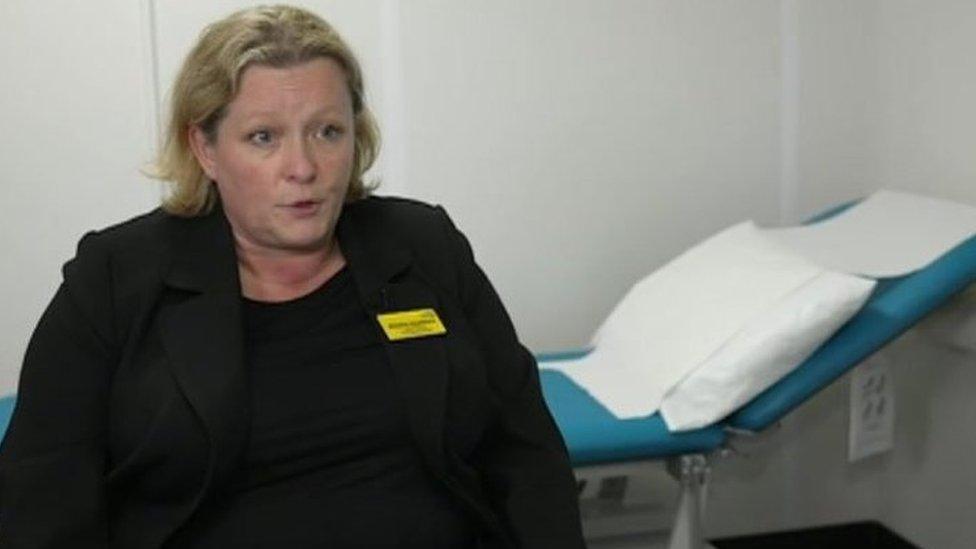
Early diagnosis is one of the issues patients face, according to consultant surgeon Ritchie Chalmers.
"Our treatments are just as good as everywhere else in the world but we also know that our outcomes are less good than in Europe and in the US."
Ms Chalmers explained that this may be because the British public "don't present as early perhaps" as those in other countries.
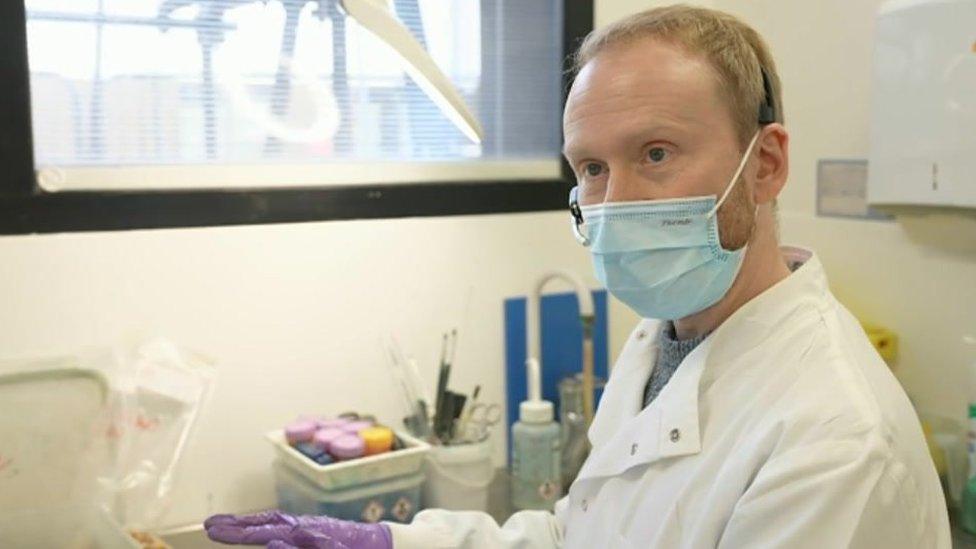
In pathology, clinical staff examine body tissue and parts from cancer patients.
"We examine them, measure them, dissect them, find the cancer, see the parts that may be invasive or otherwise and then take samples to look at under the microscope which then go to the processing," said Dr Martin Hayward.
Head biomedical scientist Theresa Welfare said the kind of work they do "cannot be automated".
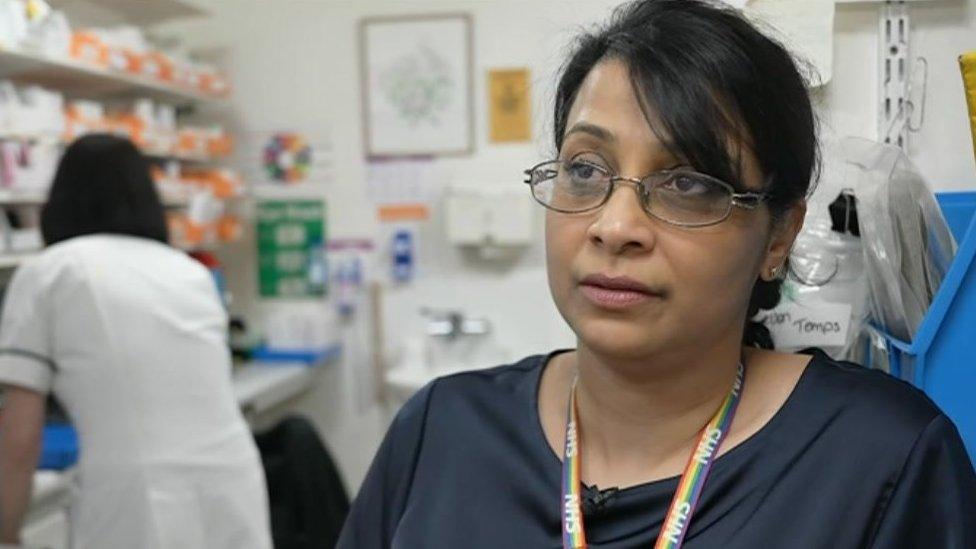
The pharmacy is dedicated to supplying cancer drugs and assessing patient prescriptions.
"The drugs that we give out are very expensive. They're well-controlled, you can't just give the patients the treatment without being properly screened," said Dhalvir Midda, head of pharmacy for cancer services.
She said they dispensed about 8,000 items last month for 1,800 patients.

Follow BBC South East on Facebook, external, on Twitter, external, and on Instagram, external. Send your story ideas to southeasttoday@bbc.co.uk, external.
Related topics
- Published16 February 2021
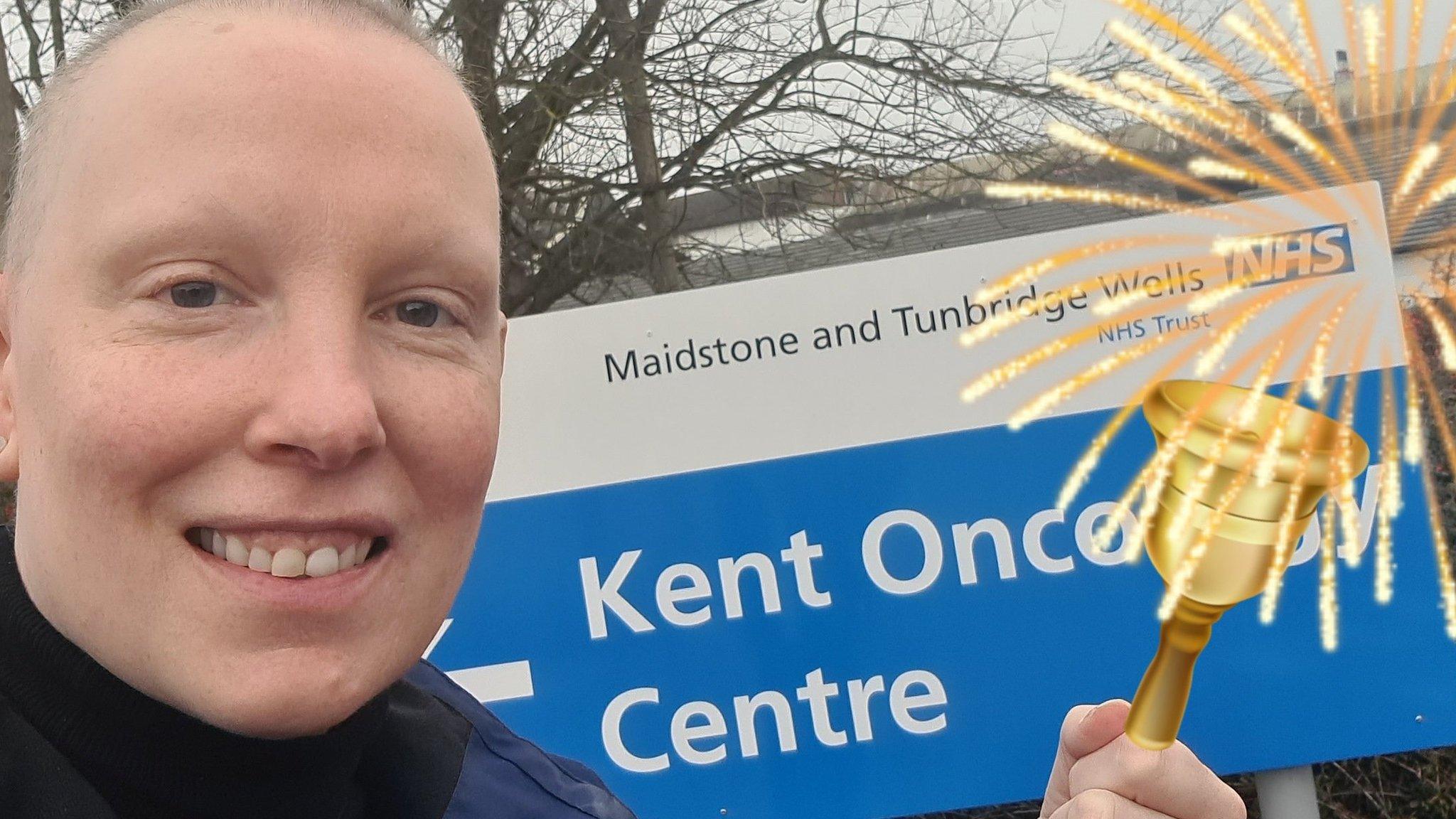
- Published29 March 2023

- Published3 April 2023
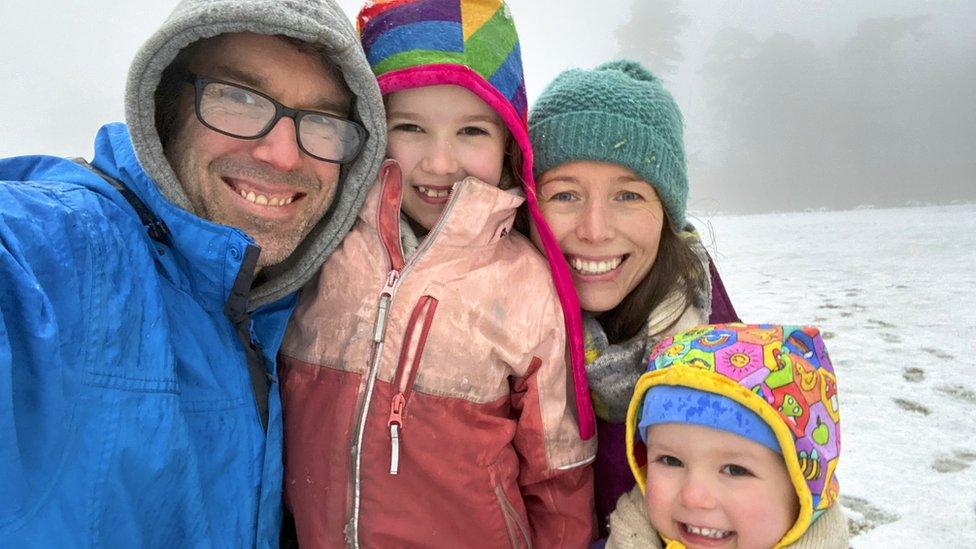
- Published13 June 2019
